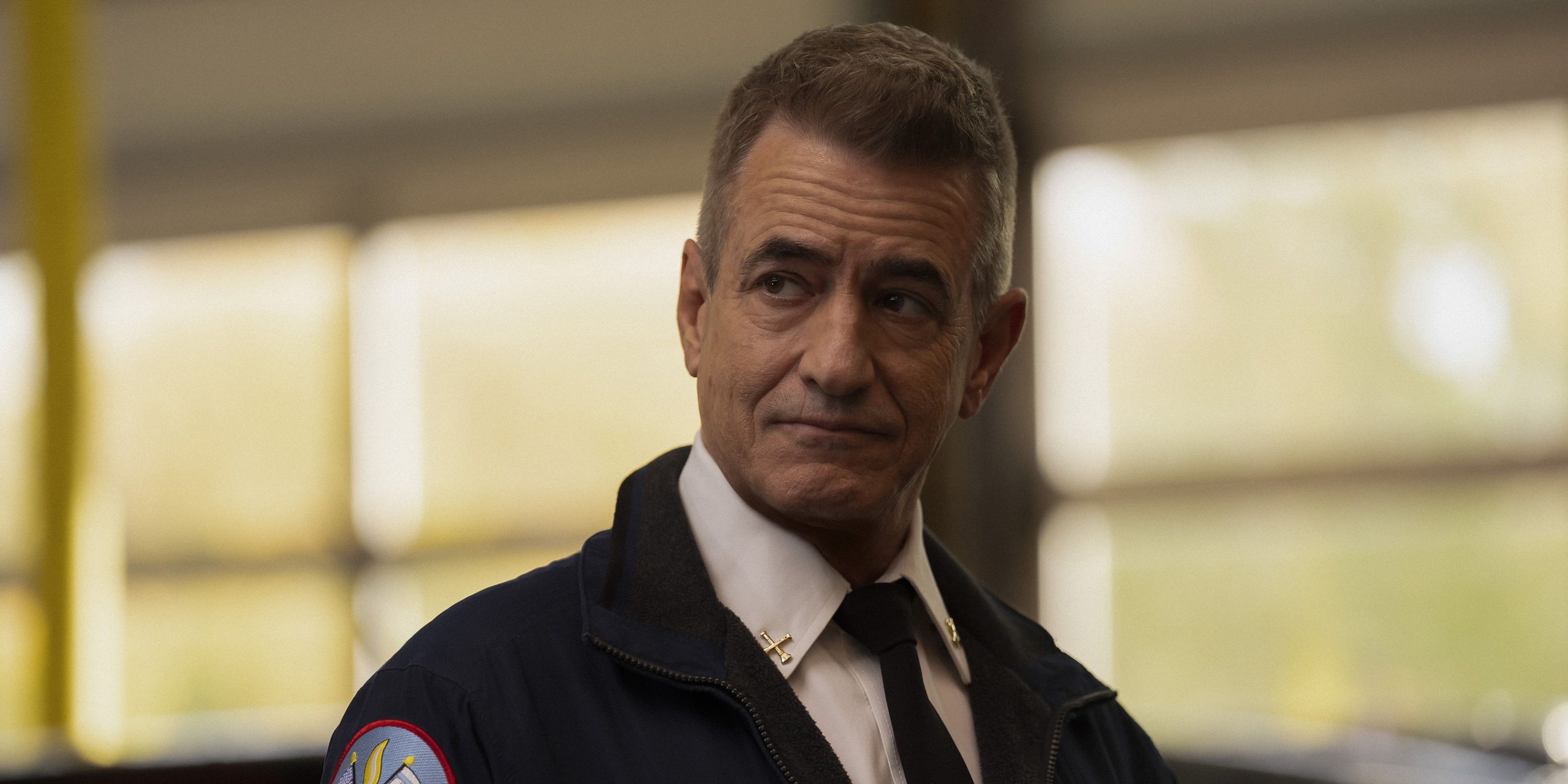Graham Norton Show boss responds to “hierarchy” seating theory as he discusses guests’ “giant egos”

Stuart recently revealed how seating is decided on The Graham Norton Show. Apparently, most of the show’s guests – including famous actors, comedians, and other celebrities – all want the same spot: the seat right next to Graham Norton on the red sofa.








